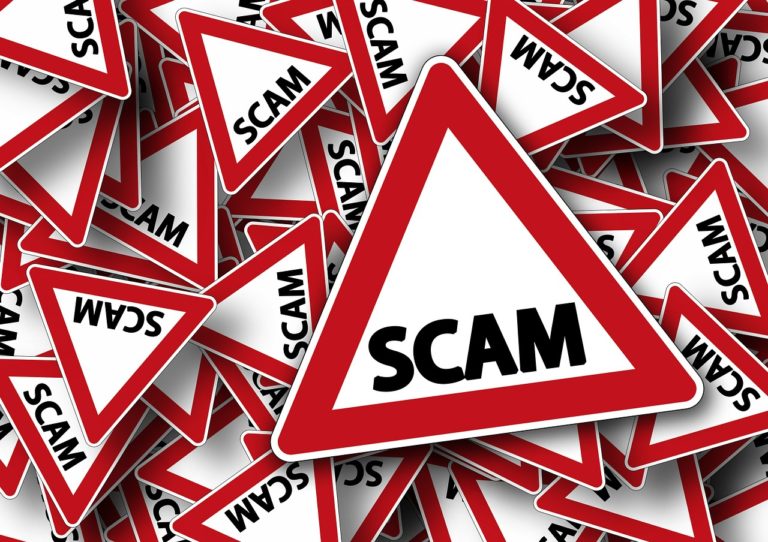
China Online Gaming IP
China presents a wealth of opportunities for foreign gaming companies, but (and this is true of pretty much every IP-laden industry), it also presents substantial risks. This post sets out the basics on how online gaming companies can protect their IP in China via China IP registrations. Though our law firm represents a host (sort-of-pun intended) of online gaming companies, we have been hesitant to write specifically about largely because it is not all that legally different from other industries. But because we have lately been getting emails requesting we do so, we will. Starting now.


















